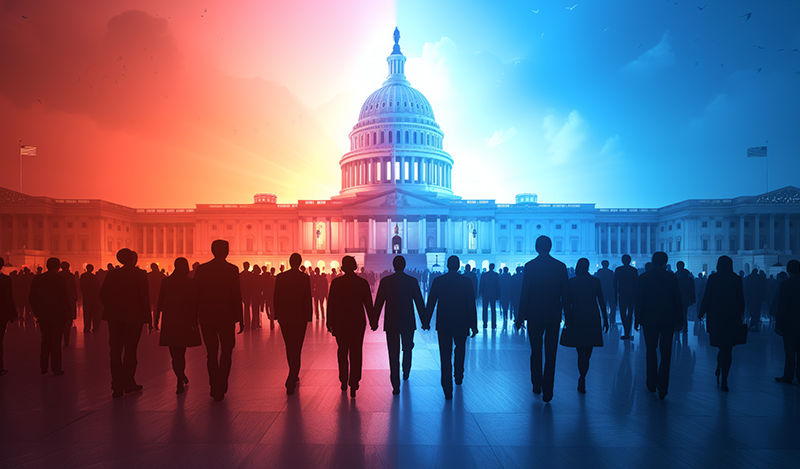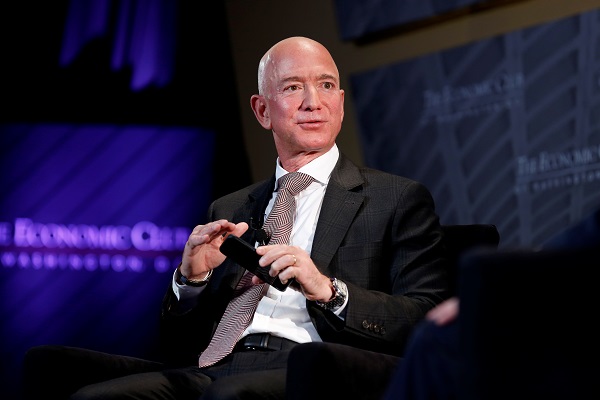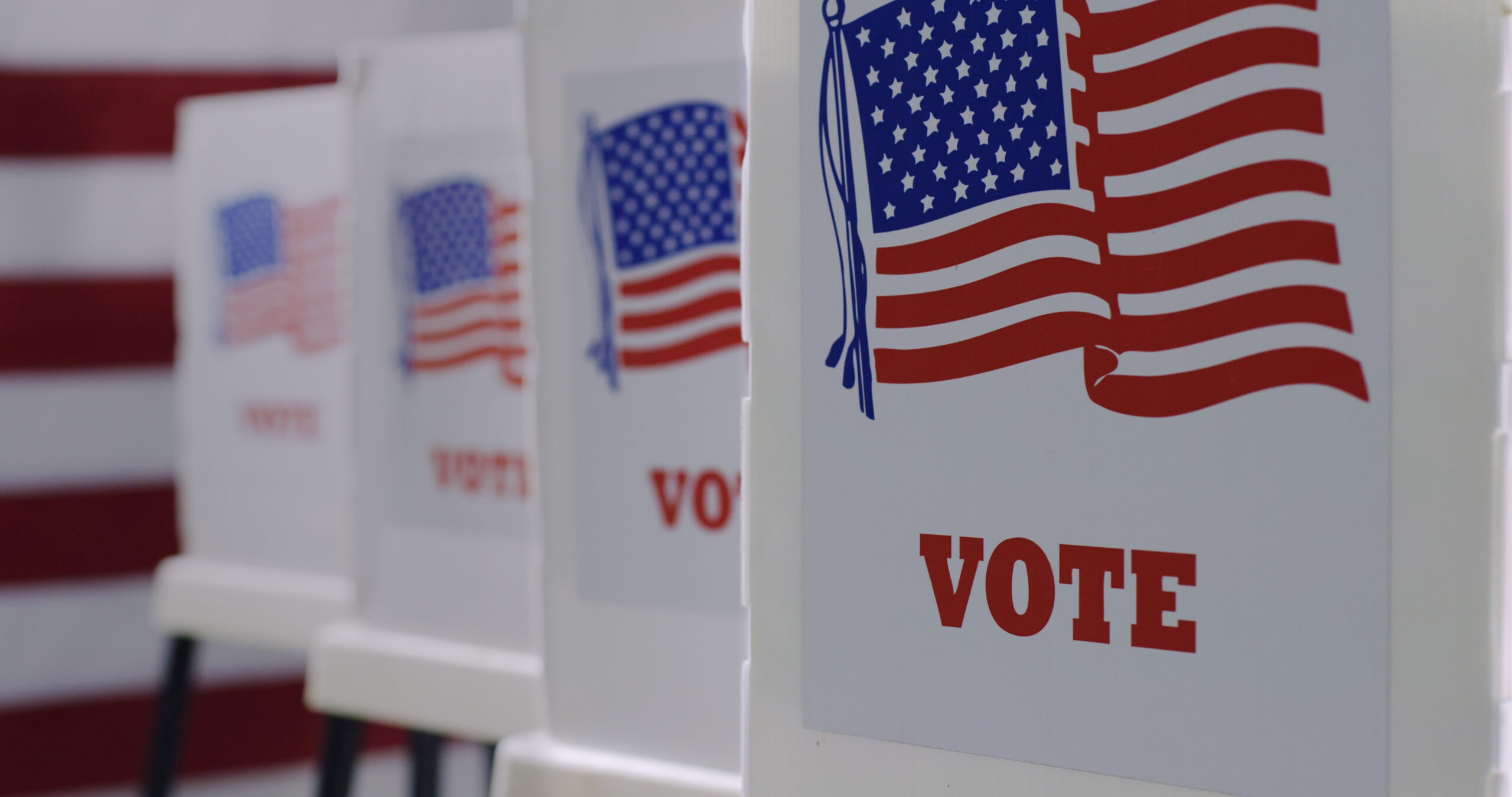
November 6, 2024
Determinants of Industry Concentration and Dispersion
Abstract Given the political and public interest in rising industry concentration in developed economies, researchers have been working on uncovering underlying mechanisms and implications. Various causes of concentration have been proposed, although rarely tested in a comprehensive model. We study five distinct phenomena and their association with industry concentration: 1) Industry regulation, 2) mergers, 3)…

November 5, 2024
How Much Do Consumers Hate Online Ads? Not Much!
The Program on the Economics of Privacy at George Mason University’s Antonin Scalia Law School has been looking at empirical evidence around people’s privacy interests. Among their recent presentations was a paper in progress called “Demand for Privacy from Data Brokers” by Avinash Collis of the Heinz College of Information Systems and Public Policy at Carnegie Mellon University. It piqued my…

November 4, 2024
Twenty-Four Ways to Understand 2024
Economist Deirdre McCloskey opens The Narrative of Economic Expertise with an observation that blew me away when I read it as an undergraduate: It is pretty clear that an economist, like a poet, uses metaphors. They are called ‘models.’ The market for apartments in New York, says the economist, is ‘just like’ a curve on a blackboard….

November 4, 2024
Why The Washington Post’s Non-Endorsement Is No Cause for Alarm
Much digital ink has been spilled over The Washington Post’s decision to forgo endorsing a presidential candidate this year. The Post frames this as a return to its roots, with owner Jeff Bezos reportedly viewing it as a move to bolster public trust in journalism. However, reactions have been fierce. Some see this as a tragic step away from journalistic duty and a…

November 1, 2024
Does Privacy Regulation Compromise the Public Good?
In the early days of the internet, a commonly-heard mantra was “information wants to be free.” To many, this meant no charges should be imposed for either the use of data and information or their transmission via embryonic internet service provider networks. The latter led to the now-ubiquitous unmetered data plans in which the marginal price paid…

October 29, 2024
Free Speech, Smartphones, and Ballot Selfies: A Little Self-Restraint, Please
Arriving at the polls on November 5, some voters will be tempted to capture and post a selfie with their completed ballot, perhaps to let followers know who they voted for or maybe because it’s nobler than foodstagramming. Motivations aside, questions arise about the practice’s legality and whether the First Amendment’s guarantee of free speech bars states from…

October 28, 2024
How Tech Regulatory Approaches Have Changed, and Not for the Better
As president, Bill Clinton had failures, both personal and professional, but one thing he got right during his time in office was the Framework for Global Electronic Commerce. Released in July 1997, the framework served as both a statement and guidance for internet policy in those early days of the technology. Back then, the tone was…

October 25, 2024
Cybersecurity Concerns with QR Codes: Staying Safe in the Digital Age
Quick Response (QR) codes, those black and white squares whose popularity surged with the rise of contactless interactions during the COVID-19 pandemic, from restaurant menus to parking meters, have become a convenient shortcut in our digital world. These codes now offer a simple way to access information with a quick scan from your smartphone. However,…

October 23, 2024
Both Harris and Trump Pose Problems for U.S. Energy Producers.
AEI Scholar Benjamin Zycher contributed to the Dispatch’s Symposium titled Regulatory Policy Experts: Both Harris and Trump Threaten Constraints on Innovation, as a group of experts outlined the many ways in which either potential administration’s understanding of how regulation of technology can impede innovation and threaten America’s dominance in that sector. Below is a section from Benjamin Zycher’s contribution. For…

October 23, 2024
What Happens in Europe Does Not Stay There
U.S. climate policies, designed to yield a utopia of net-zero greenhouse gas emissions by, say, 2050, are preposterous. The costs are massive. Consumer resistance is such that important components of the policy agenda are already collapsing. The metastasizing system of financial regulations imposing penalties upon the fossil energy sector is unlikely to survive judicial scrutiny. And for what? Even if implemented fully, the entire…